Black Wednesday
Wednesday, January 18th, 2012It seems a little ironic that the laws allowing the government to indefinitely detain human beings drew less protest than SOPA has. Then again, the line has to be drawn somewhere. As I wrote a few years back in my essay on the Future of War, the national security state is keenly aware that domination of the web is critical. Indeed, this past July, the Defense Department declared that the Internet to be an “operational domain of war”, and what’s going on right now is war by another name. For now, I think (and hope) that the wave of protests that constitute Black Wednesday will stem the encroachment; then again, if they can’t shut down your website, they can always arrest you and throw away the key.
Keep in mind, too, that this is merely the first round. The bills and executive orders that will be the successors of SOPA will be framed and justified by a national security imperative: i.e., telling the American public they need to give away their freedoms because companies need to make more money (e.g., SOPA) is one thing, but telling them they need to give it up for security…. hell, that works every time. Especially if the inevitable cyber-terrorist attacks that will be used to justify it came in the midst of food riots, looting, and economic chaos… shit, you won’t even notice that your screens have gone dark then.





